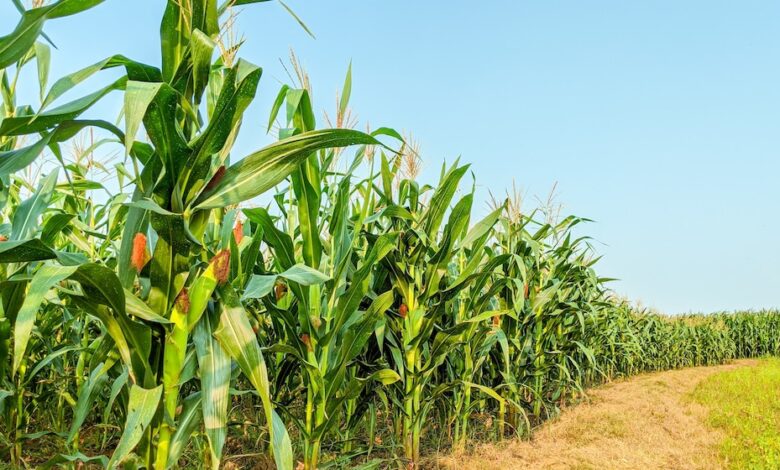Lesotho and Other Southern African Nations Removed from UN Hunger Hotspot List After Improved Harvests

Lesotho, along with several countries in the Southern African region, has been removed from the United Nations Hunger Hotspots list following significantly improved harvests in the wake of a severe drought in the 2023/24 season. The development comes as a relief for millions who had been grappling with food insecurity due to failed crops and extreme weather.
According to the latest semi-annual Hunger Hotspots report released by the UN’s World Food Programme (WFP) and the Food and Agriculture Organisation (FAO) on Monday, countries no longer classified as hunger hotspots include Ethiopia, Kenya, Lebanon, Lesotho, Malawi, Mozambique, Namibia, Niger, Zambia, and Zimbabwe.
The report highlights that in East and Southern Africa—particularly in countries like Lesotho, Zimbabwe, and Malawi—favourable climatic conditions have returned, leading to improved harvests. This marks a significant turnaround from just a few months ago when the region was reeling from the effects of the El Niño phenomenon, which led to widespread crop failures, depleted food reserves, and urgent calls for food aid.
In Lesotho, agricultural recovery has been driven by better rainfall patterns, resulting in healthier crop yields and replenished food supplies in many rural communities. The change has eased food security pressures, allowing both subsistence farmers and local markets to stabilise.
Lebanon was also removed from the list due to reduced military tensions that had previously disrupted food access and distribution.
However, the FAO and WFP caution that while the removal from the Hunger Hotspots list is promising, the situation remains precarious. “These improvements are fragile and can quickly be undone if new shocks—such as droughts, floods, or economic instability—emerge,” the report warned.
Earlier this year, tens of millions across Lesotho, Zambia, Zimbabwe, Mozambique, and Malawi faced dire hunger as the El Niño weather pattern wreaked havoc on crops and water resources. Aid agencies mounted large-scale relief efforts to cushion the worst effects of the crisis.
Experts stress that continued investment in climate-resilient farming, food storage, and rural infrastructure is critical to maintaining progress and preventing future hunger emergencies. With the region still vulnerable to climate change, governments and development partners are urged to strengthen food systems that can withstand future shocks.
For now, Lesotho and its neighbours are experiencing a much-needed reprieve. But as the UN report suggests, sustained efforts will be necessary to ensure that gains in food security are not only preserved but built upon for long-term stability.
Join 'Lesotho News' WhatsApp Channel
Get breaking Lesotho news — delivered directly to your WhatsApp.
CLICK HERE TO JOIN



